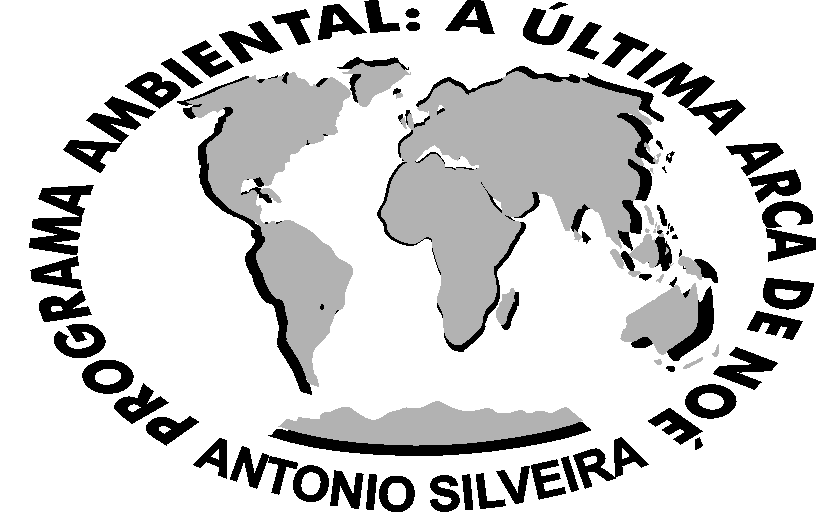

RIGHTS OF THE AGED ONES
Introduction:
According to the Health World-wide Organization, third age is considered from sixty years, when then it has necessity of the person to receive more attention, because of the physiological changing that start to accent. Brazilian legislation also has followed the prompt of the cited entity stipulating the same initial limit of age (art.2º, Law 8.842, of 04,01,94).
However, with the development of the medicine and the technology, as well as of the social conscience, the aged ones had started to have better quality of life, consequently bigger perspective of life, and are enjoying more social respect, what make them more enabled socially .
Currently the aged ones represent a great force of work; what it comes mainly being recognized in the richest countries. There are million of them that travel around for the world, making the appearing more and more tourism agencies, hotels, houses of spectacles specialized in the third age, representing a great economic potential. Millions of aged pensioners return or initiate some labor activity, thus contributing for the home sustenance and economy turns.
Other millions of aged have been dedicated to the philanthropic causes related to innumerable areas, in that they are extremely useful since its experience and availability of time are factors that differentiate them of youngest.
In the environmental area, there are aged ones who collaborate for the preservation of the forests, biodiversity, the cultural patrimony etc. The participation of the aged one in this area is really important, so the reason for being necessary that he has knowledge of its right while citizen, therefore they will be able to exert fully the ambient citizenship and to contribute for the longed for sustainable development.Brazilian Legislation:
Federal Constitution:
Art.1º, III and art.3º, III and IV: dignity exemption of preconception and eradication of the inequality;
Art.230: " the family, the society and the State have the duty to support the aged people, assuring its participation in the communities, defending its dignity and well-being and guaranteeing the right to them to the life ".
Law 8.842, of 04,01,94 (regulated for Dec. 1.958, of 03,07,96) It is about the National Politics of the Aged one
- There still are some municipal laws on benefits to the aged ones in some cities of Brazil.National politics of the Aged one ( instituted by the Law 8.842, 04.1.94)
Objectives (art.1º).:
- to assure the social rights of the aged one;
- to promote its life, integration and participation accomplishes in the society
Principles (art.3º).:
- the social support;
- guarantee of the citizenship, the participation, the information;
- the prohibition of discrimination;
- the destination of the hashing of the politics of the aged one; and,
- the economic comment of the social disparity in the application of the laws
Lines of direction (art. 4º):
- to make possible the forms of participation and integration;
- to guarantee the social participation;
- to decentralize the administrative politics;
- to improve the technique qualification directed to the aged one;
- to divulge and to inform on the aged ones;
- to prioritize the attendance to the aged one;
- scientifically to support educational and the relative questions to the aged ones
This legislation also foresees the co-participation of the national, state and municipal advice in the social promotion in relation to the aged one (art.5º), as well as shows the abilities of some areas and its respective agencies, as for example in the health; education; habitation etc.(art.10º). In this relation there are important and interesting obligations as to stimulate the creation of places of attendance to the aged ones as companionship centers, of diurnal cares, house-homes, domiciliary obliged workshops of work, and others; to support the creation of opened university for the third age and lowering the discrimination of third aged ones to participate in the market of work etc.Companionship Centers.
One of the most interesting obligations imposed to the Public Power in the National Politics of the Aged one is the creation of Companionship Centers, which has its definition in the regulamentador decree as local destined to the diurnal permanence of the aged one, where is developed physical activities, work, recreatives, cultural, associative and of education for the citizenship.
These Centers are really important, mainly because it is there that the aged one have the possibility of finding stimulation for a healthy social life, to develop its culture and to have leisure moments, thus improving its estimates and its better acceptance in the society. In these places, they must also learn citizenship lessons of participation and of as to collaborate for the common good, learning that for it exerts it does not have age limit.Conclusion
Thus, aged must to know their rights citizens and claim them from society, so that they have preserved the respect, the dignity and the consideration that they deserve, moreover must participate fully of the economic and cultural process, as well as of the fight for the preservation of a balanced environment, by the way a right of all of us (art. 225 of the CF).
How much to the Public Power in all its spheres must take care of the legislation instituting Advice of the Aged ones, Companionship Centers etc, as well as supplying legal and administrative conditions so that the people who become in the third age can have guaranteed the related rights, in that it must also collaborate the society with all its paths.National day of the Aged one: 27 of September.
All Rights Reserved